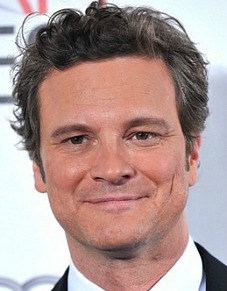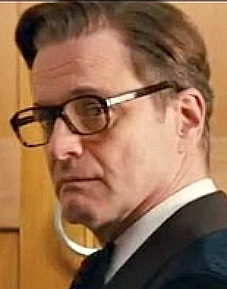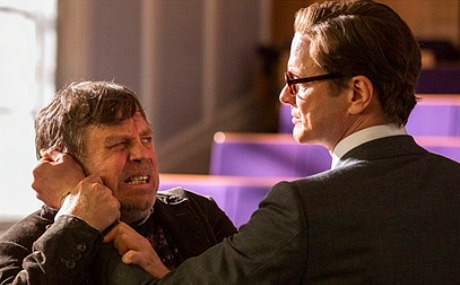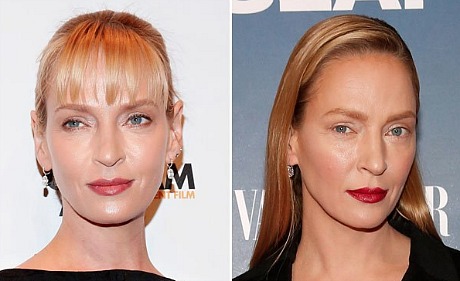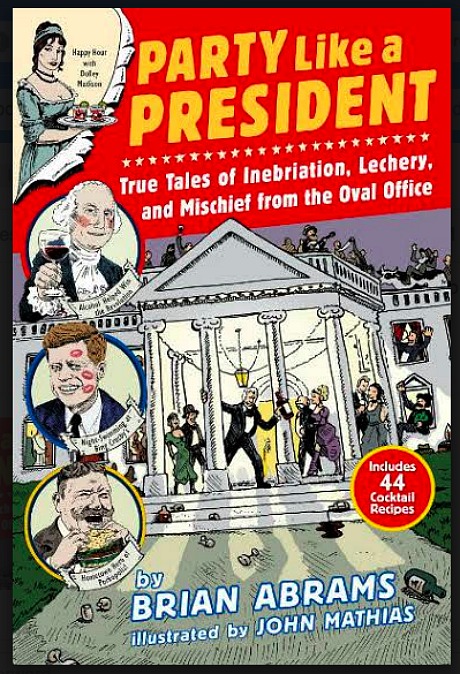There’s this imaginary guy I’ve been visiting at Cedars Sinai. He went into a coma early last October and just came out of it yesterday. I wasn’t there when he awoke but he called today to say thanks for stopping by all those times. His mother told him about my four or five visits.
Then he said he’d gone online this morning and visited the latest Gold Derby and Gurus of Gold charts, and he wanted to know what the hell had happened to Angelina Jolie‘s Unbroken, which was the Best Picture front-runner for weeks on end. “Where’d it go?” he said. “What happened? It was the leading Best Picture contender…it was all over but the shouting and the formalities. Every last default-minded, deferring-to-Dave Karger Oscar expert had it at the top of their lists. What’s the most likely film to win Best Picture? Why…Unbroken! What else? And now it’s vanished.”
I tried to break it to him easy. “What happened,” I explained, “is that Universal finally screened it, and a few days later the air had seeped out of the balloon. And then it just disappeared.” He asked me why. “It was the Christian torture-porn thing,” I said. What’s that? “There was something in the movie that said that the more a guy has been beaten and tortured, the braver and more beautiful and closer to God he is.” Oh, the guy said, suddenly sounding weaker and less curious.
“Right now the only chance Unbroken has at the Oscars is Roger Deakins‘ nomination for Best Cinematography,” I said. “But it would be surprising to a lot of people I know if Birdman‘s Emmanuel Lubezki loses out.”

